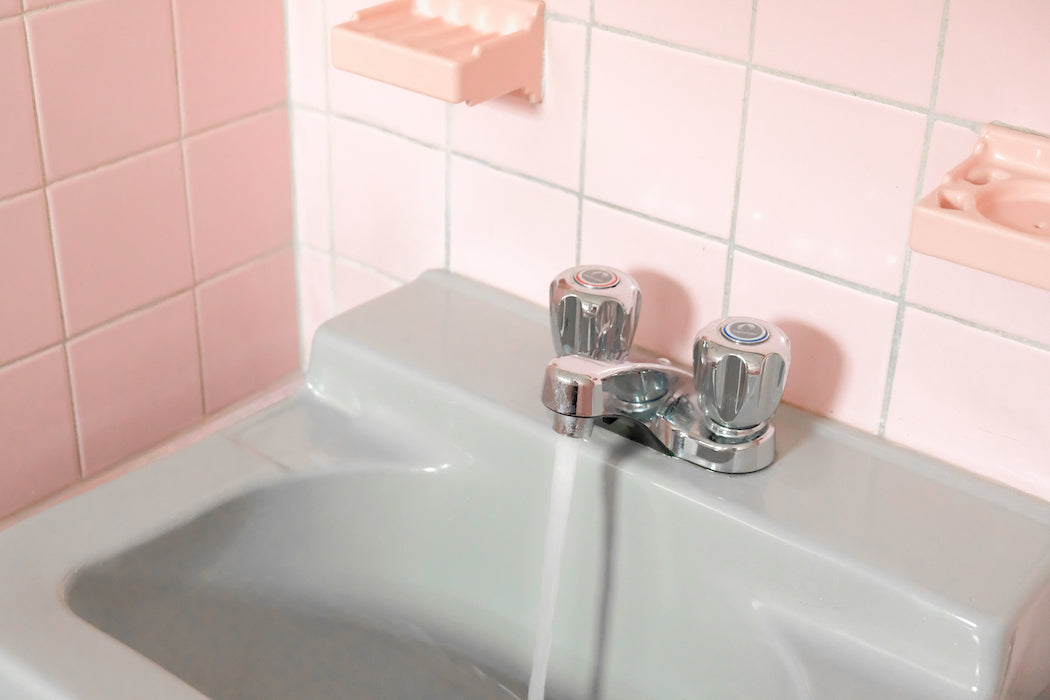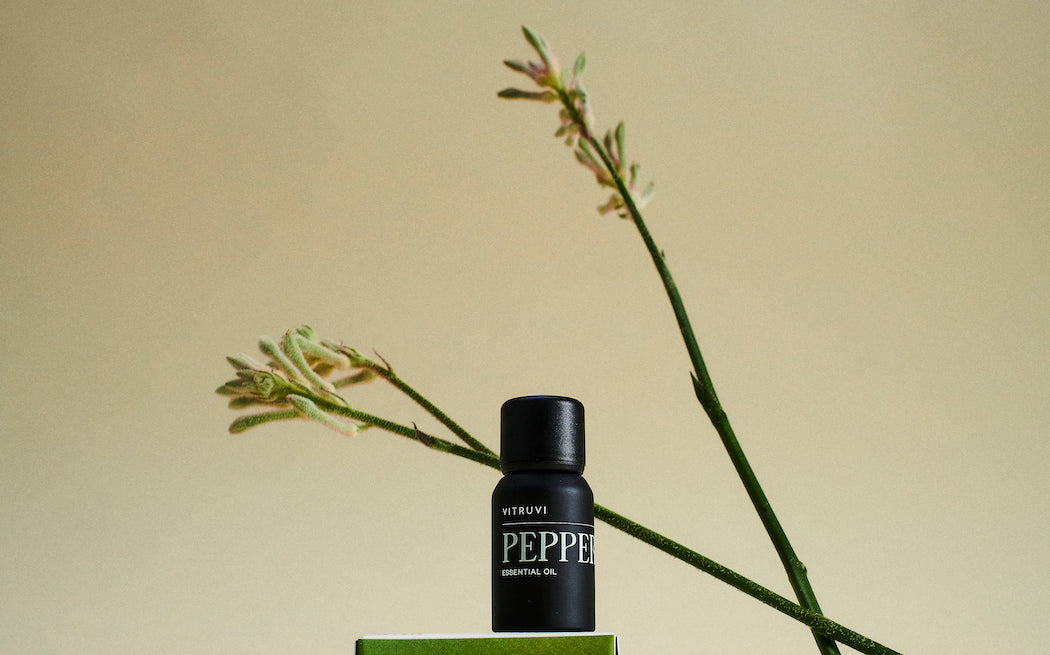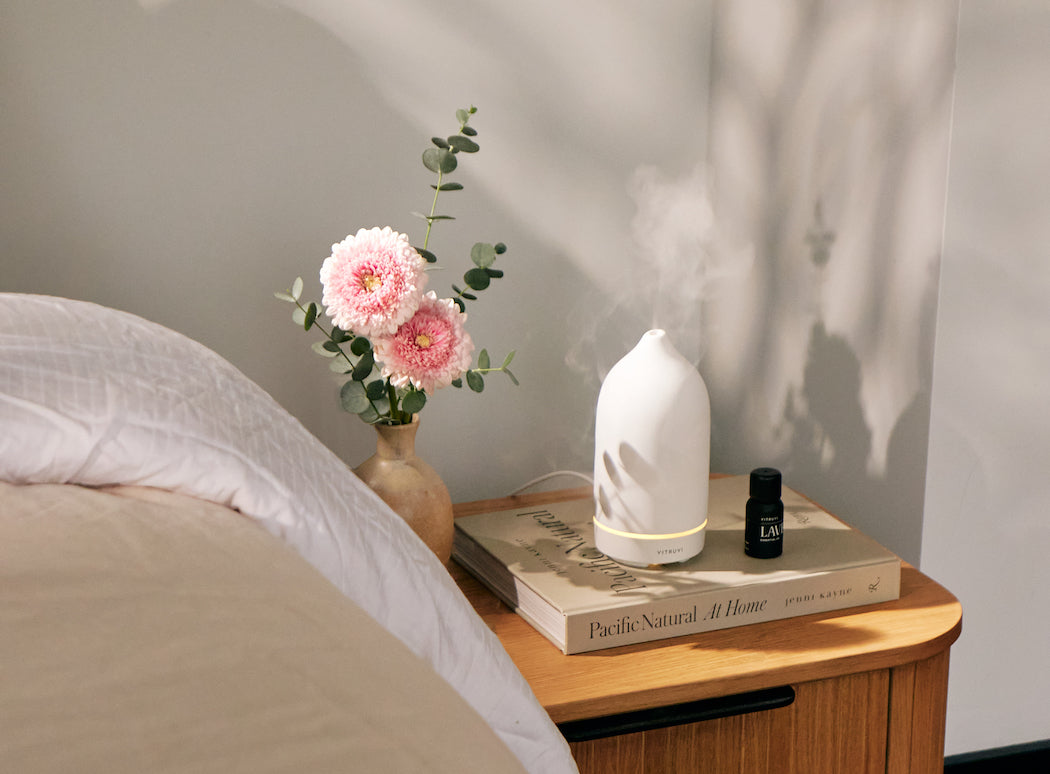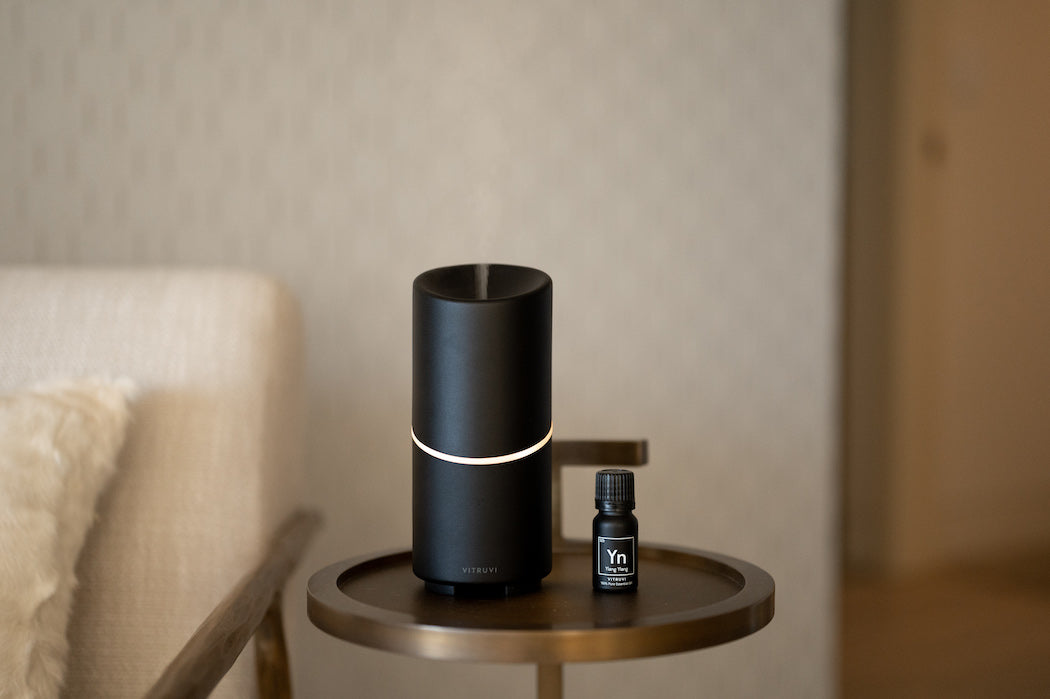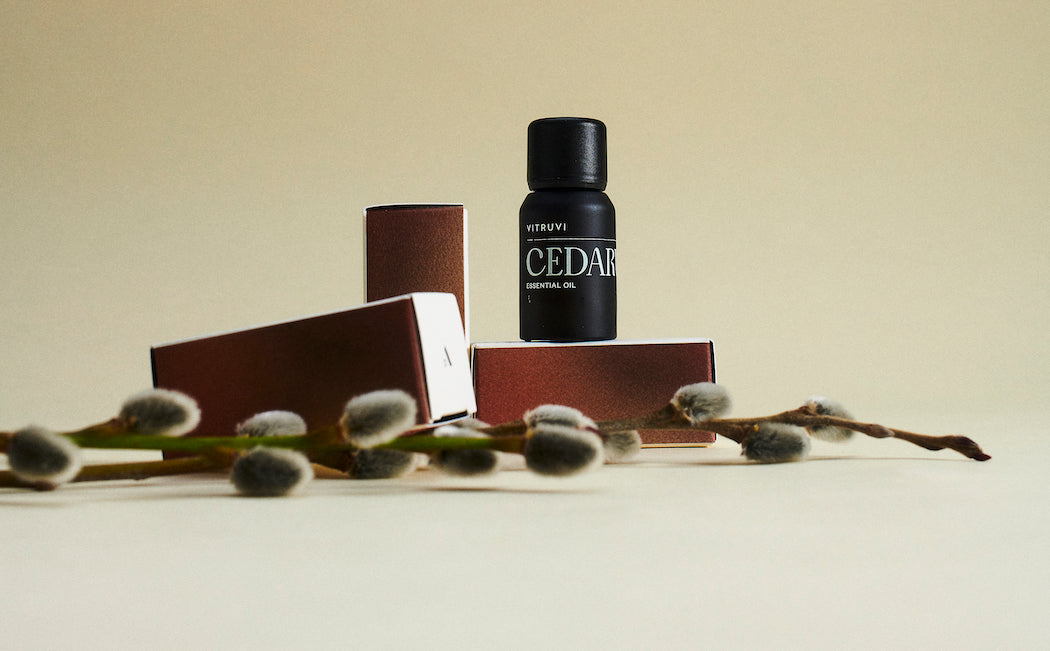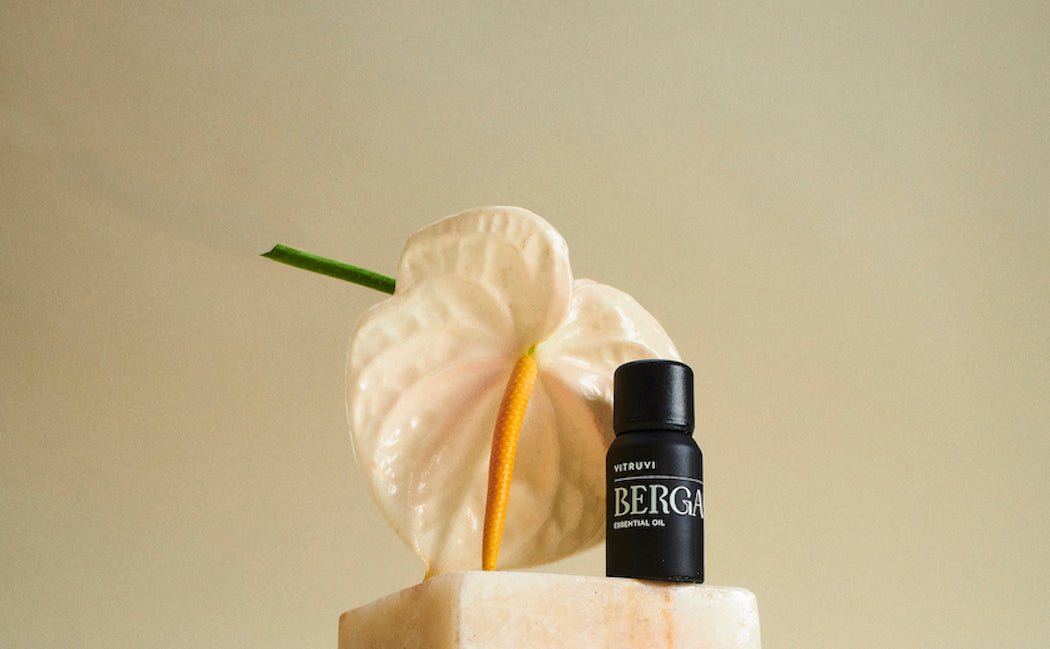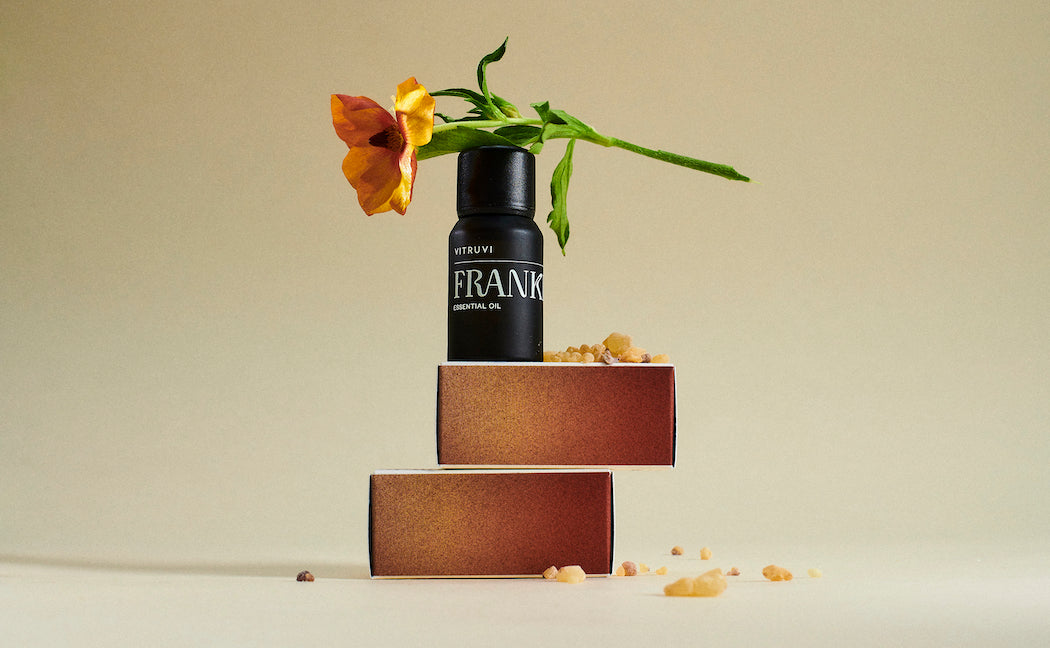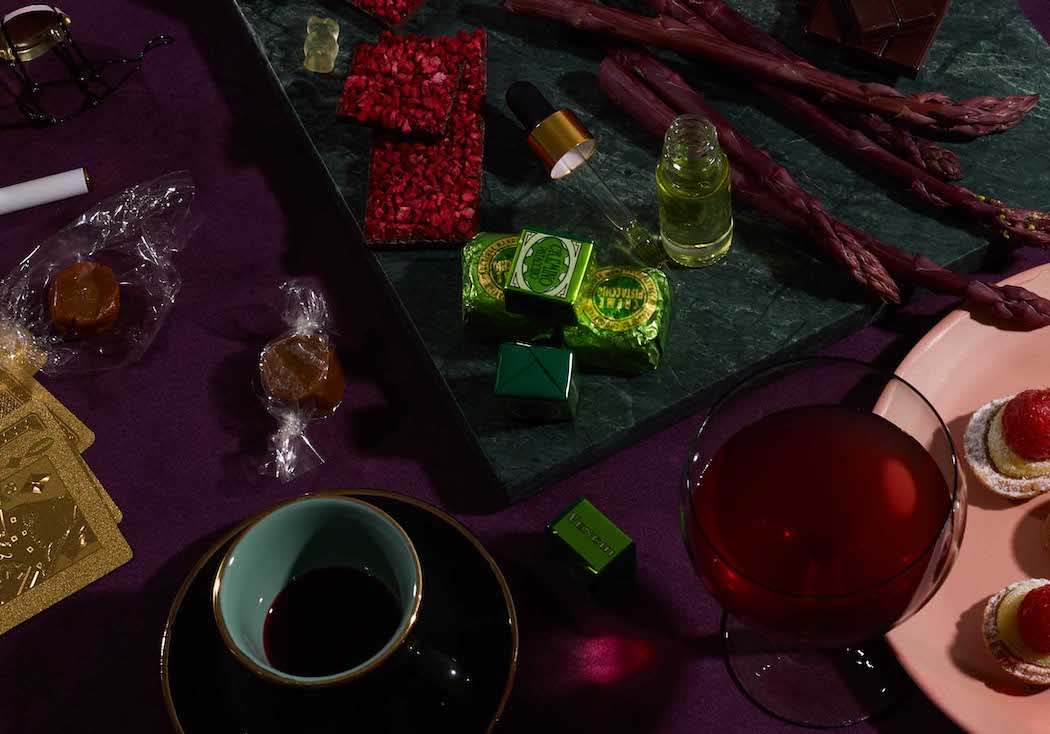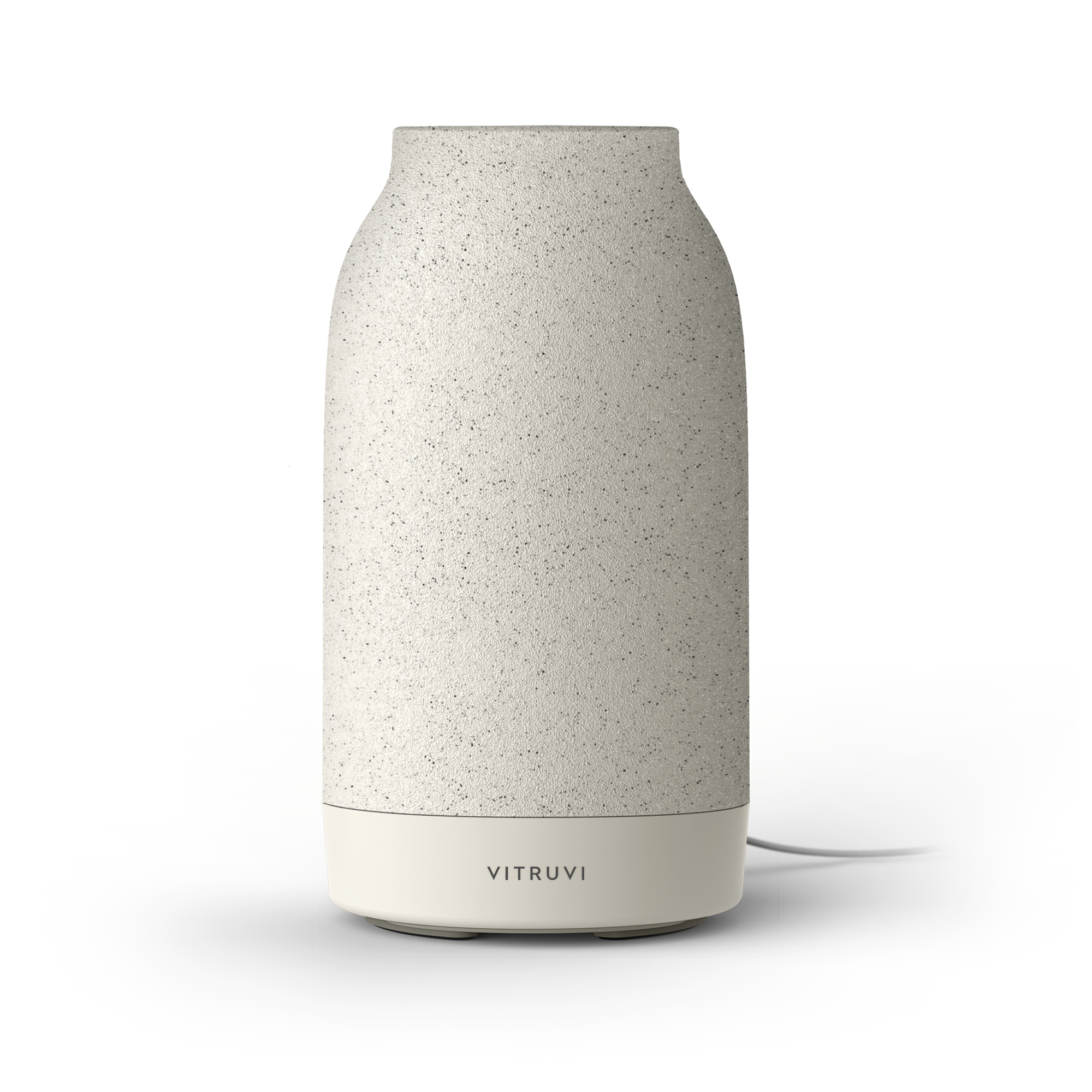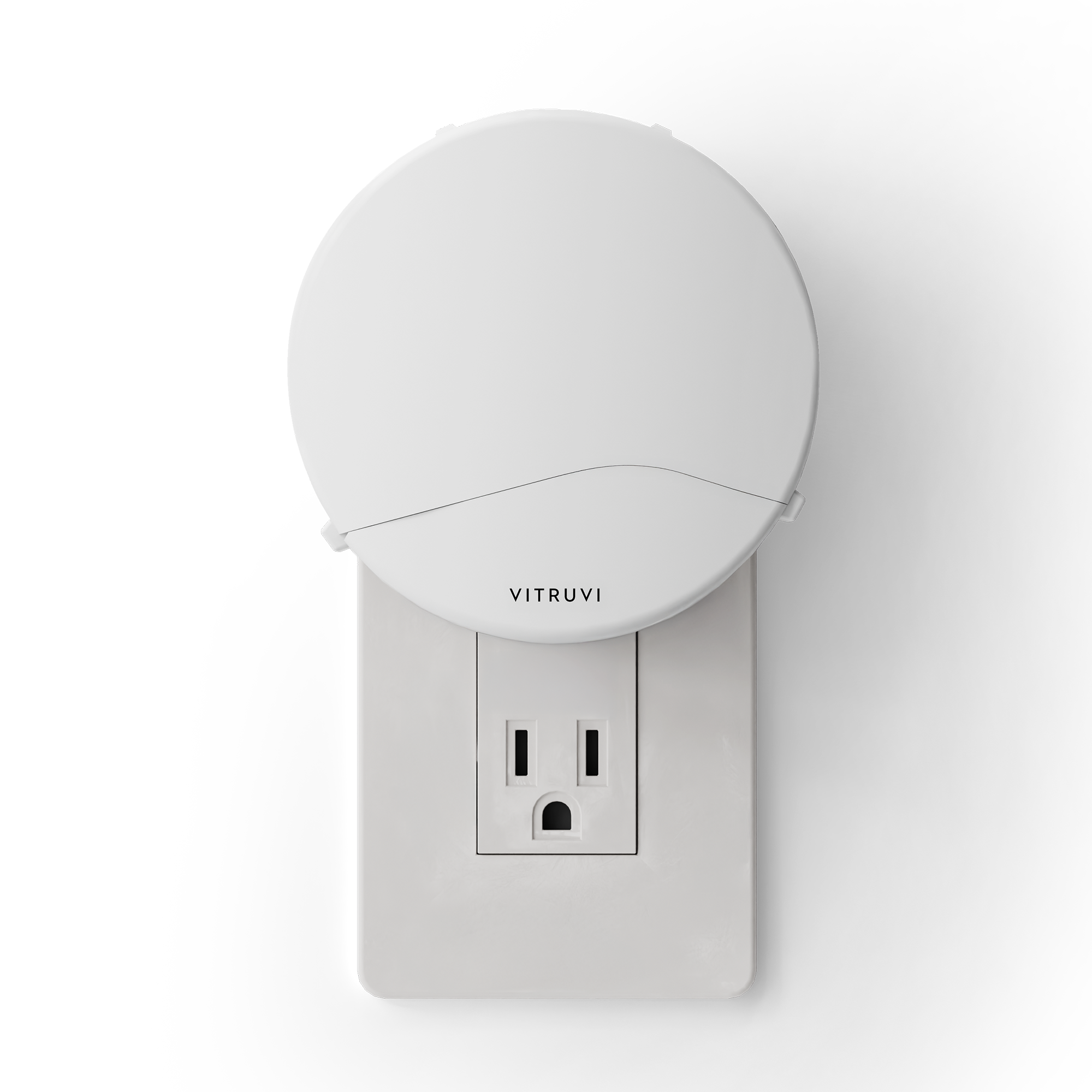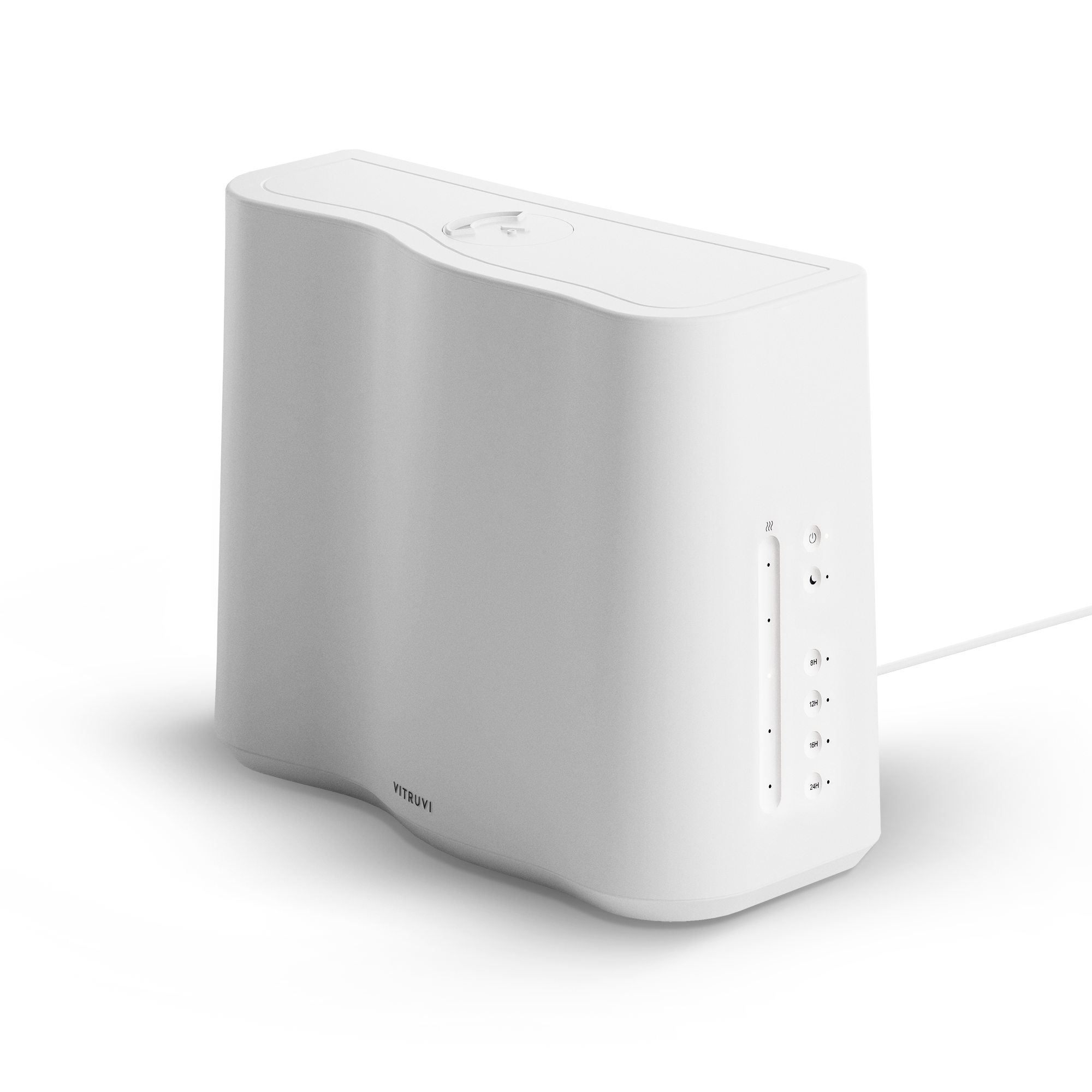In 2017, drugstore skincare brand St. Ives faced immense backlash after allegations that its Apricot Scrub was doing more harm than good. Created with crushed nut powder, the facial exfoliant was rather harsh—so much so that a lawsuit alleged it caused micro tears in the skin. The lawsuit was thrown out in late 2018, but the whole ordeal sparked a debate that is still going on today: what is the best, safest, and most effective type of exfoliation for your face?
“I’ve been finding with a lot of my clients that people are a lot more educated, they’re knowledgeable, they understand that exfoliation is an important part of their routine—but there are just so many products out on the market,” says Kathryn Sawers, owner of Collective Skin Care in Vancouver. “People don’t necessarily comprehend what exfoliant is best for them, whether or not they should use it in the morning or at night, and how often they need to be using it.”
Of course, it basically all comes down to your unique skin. “You just have to use your judgement, is the biggest thing,” emphasizes Vancouver facialist Melissa Baker. Consulting a professional is a great option, but in the meantime, here are a few basic things to understand about exfoliation.
What does exfoliating do?
Simply put, exfoliating removes the top layer of cells on your face, revealing softer, smoother skin underneath. Regular (and proper) exfoliation can help prevent acne, even out the skin tone, spark collagen production, increase lymphatic drainage, and stimulate circulation.
What is the difference between physical exfoliation and chemical exfoliation?
Physical exfoliation products work on the surface of the skin, helping slough away the top layer of dead cells. Chemical exfoliants like acids and enzymes work deeper, loosening or eating away at the bonds between the cells to create a more full-fledged clean.
“I think a lot of people get scared of the word ‘chemical’—hydroxy acids can also freak people out. They think about peels like the scene from Sex and the City where Samantha had to wear a veil,” says Sawers. “One thing I tend to really speak to people about is: unless they have a real sensitivity to chemical exfoliation, generally a physical exfoliant—after the age of 22—is really only getting rid of surface dead skin cells that are going to shed away eventually anyway. As we get into our mid-twenties and up, we really want to start working with chemical exfoliants in our daily routine.” Sawers likens this to a car engine that starts to get sluggish: “Hydroxy acids are really what are going to get the engine running smoothly again.”
Baker echoes a similar sentiment. “My favourites are enzymes and acids because they’re controlled exfoliants. You put them on, they dissolve the dead skin, they dissolve through the little proteins that are holding the cells there,” she explains. “And then all that stuff comes off and then it’s done, and your skin is nice and clean and free of that upper layer.”
How often should you exfoliate your face?
“It does depend on how sensitive your skin is and the dryness as well,” says Baker. “I usually recommend if you have normal skin or normal to dry, once or twice a week. If you’re more oily and you feel like you need to exfoliate, you can do it more—depending how your skin is.”
Sawers says something along those lines, too: that two or three times a week is generally good for most products and skin types. If you have really oily skin you might want to exfoliate a little more, and if your skin is super sensitive you might want to start with just once a week.
Should you exfoliate even if your skin is dry?
The short answer? Yes. Exfoliation can actually help combat dryness, although of course if you go overboard, you are at risk of making the problem worse. “You do need to exfoliate when you’re dry because of the buildup of cells,” Baker explains. “Your products will work better if there’s not a buildup of cells—but you also don’t want to overdo it, because then you can cause sensitivities and dehydration as well.” The key is to get into a routine so that you’re exfoliating regularly instead of waiting until you see a problem.
What exfoliating products should you use?
This in particular depends on your skin type. For her part, Baker swears by the Fruit Acid Botanical Lotion from Ronda Allison. “It’s actually formulated for oily, acneic skin, but if you aren’t oily and acne-prone and you just want to use this once a week, it’s amazing,” she says. “It makes your skin nice and tight, it exfoliates the upper layer; so you could use it as an exfoliant once a week or you can use it just as a spot treatment and it will destroy the breakout that’s forming before it even comes out.” It’s very strong, though, so she cautions that less is more; if used too frequently or left on too long, acids can cause sensitivity and burning (so be sure to read the instructions of a particular product before applying it).
Meanwhile, Sawers suggests Dermalogica’s Daily Microfoliant as a great starting point for those looking for something effective that isn’t full-on acid, as well as the brand’s Rapid Reveal Peel for an at-home treatment that’s more potent and closer to a professional treatment.
Another great option used by this author is the Turmeric 2-in-1 Brightening & Exfoliating Mask from Kora Organics; with rosehip seeds and papaya enzymes, it’s a nice in-between for those looking to transition slowly into chemical exfoliants.
If looking for an even more intense treatment, retinol is a great option. These products should only be used at night, however, as they can make the skin more photosensitive (so be sure to wear SPF in the daytime, too).
Skincare is a journey, but it should be fun instead of stressful. Enjoy the learning along the way.

